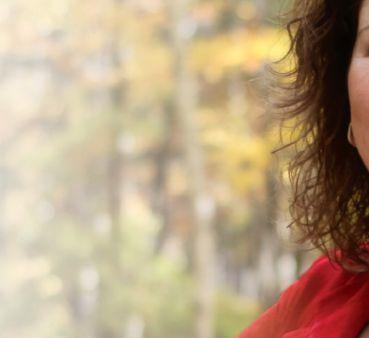
2 minute read
Meet a MEA Member and Advocate
Meet MEA Member, Advocate and Senator Emily Cain




Why did you get involved in politics?
For me, it all started with education policy, specifi cally higher education and the issues of access, success, and aff ordability facing college students and their families. I reached out to my then State Senator, Mary Cathcart, about my passion for higher ed policy and asked if she would help me make connections at the State House. She and her husband Jim asked if I had ever considered running for offi ce and asked me to run for State Representative in Orono.
I’ve spent the past ten years serving in the Legislature working to make education more aff ordable and to strengthen our public schools.
Why is being an MEA member important to you?
I joined the University of Maine Professional Staff Association as soon as I started working at UMaine in the Honors College. It was important to me then, as it is now, to support UMPSA and MEA because of the valuable support they off er employees, and their eff ective advocacy in Augusta and Washington, DC. I am proud to be a member.
Why are you running for Congress and why should 2nd Congressional District MEA Members vote for you?
Growing up, I saw fi rst hand how my parents worked hard to stay in the middle class and provide more opportunity for their three daughters. They wanted us to grow up in a safe and supportive home, so we could some day have good jobs, homes of our own, a good education, and access to doctors when we were sick. For too many Maine families, that same hope for the next generation is getting harder to achieve.
We need people in Congress who understand what’s at stake for the middle class and who will stand up and fi nd ways to work across the aisle to raise the minimum wage, tackle college debt, and work to grow good jobs and small businesses across Maine.
What is something about yourself people don’t know?
At UMaine, I majored in K-12 Vocal Music Education and co-founded Renaissance, the women’s a cappella group. I am also Chair of the New England Board of Higher Education.
Any advice for educators who think politics doesn’t affect them?
The most qualifi ed people to make decisions about education policy are the people who work in classrooms, schools, universities, and colleges every single day. We need our educators to tell their stories and raise education issues with candidates and elected offi cials.








